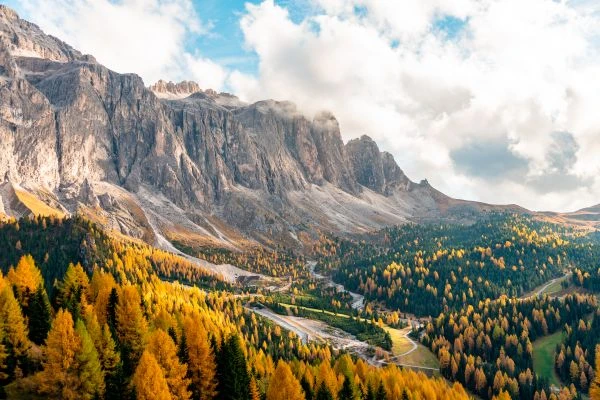Few beverages have woven themselves into the fabric of global culture as deeply as coffee. The story of this aromatic elixir, from its humble origins in Ethiopia to its current status as a worldwide phenomenon, is a tale worth savoring. When we delve into the cultural significance of coffee, we uncover layers of history, economics, and social interaction that have shaped civilizations.
The Historical Roots of Coffee's Global Domination
Legend has it that coffee was discovered by an Ethiopian goat herder who noticed his flock's unusual energy after consuming certain berries. This serendipitous discovery in the 9th century marked the beginning of coffee's extraordinary journey. By the 15th century, coffee houses had emerged as intellectual hubs in the Middle East, earning the nickname "schools of the wise." The beverage's stimulating properties made it the perfect companion for scholars and merchants alike.

European traders eventually brought coffee beans back from their travels, introducing the drink to a continent that would become obsessed with it. The establishment of London's first coffeehouse in 1652 sparked a revolution in social gathering places. These establishments became known as "penny universities," where for the price of a cup, patrons could engage in lively debates and exchange ideas.

Colonialism and the Spread of Coffee Cultivation
The Dutch were the first to successfully cultivate coffee outside Arabia, planting seedlings in their colonies in Java. This marked the beginning of coffee's transformation from a regional specialty to a global commodity. The French followed suit in the Caribbean, while the Portuguese established plantations in Brazil - now the world's largest coffee producer. This colonial expansion came at tremendous human cost, as the coffee trade became inextricably linked with slavery and exploitation.

Coffee as a Catalyst for Social Change
Beyond its economic impact, coffee played a surprising role in shaping modern society. The coffeehouses of Enlightenment Europe became hotbeds of revolutionary thought, where philosophers and politicians gathered to discuss radical ideas. Some historians argue that the French Revolution was planned over cups of coffee in Parisian establishments. In America, the Boston Tea Party made coffee the patriotic alternative to British tea, cementing its place in American culture.
Today, coffee continues to facilitate social interaction. The modern café serves as office, meeting place, and creative sanctuary. From business deals to first dates, coffee provides the neutral ground where relationships form and ideas germinate. The ritual of coffee breaks structures our workdays, while specialty coffee shops have become markers of urban sophistication.
The Specialty Coffee Revolution
The late 20th century saw the rise of specialty coffee, with pioneers like Alfred Peet and Howard Schultz transforming how we perceive and consume coffee. This movement emphasized quality, sustainability, and traceability, creating a new vocabulary of tasting notes and brewing methods. Third wave coffee shops now approach coffee with the reverence of wine connoisseurs, educating consumers about origin, processing, and roast profiles.
The Environmental and Ethical Challenges of Coffee Production
As coffee consumption continues to grow - with over 2 billion cups consumed daily worldwide - the industry faces significant sustainability challenges. Traditional shade-grown coffee farms, which supported biodiversity, have largely been replaced by sun-grown monocultures requiring heavy pesticide use. Climate change threatens to reduce suitable growing areas by up to 50% by 2050, while price volatility leaves many small farmers in poverty.
Fair trade and direct trade initiatives attempt to address these issues, ensuring farmers receive living wages while promoting environmentally friendly practices. Conscious consumers increasingly seek out ethically sourced beans, recognizing that their morning ritual has far-reaching consequences. The specialty coffee movement's emphasis on quality over quantity offers a potential path forward, where better coffee commands higher prices that can support sustainable farming.
The story of coffee is ultimately a mirror reflecting human civilization's best and worst tendencies - our capacity for innovation and exploitation, community and commodification. As we sip our carefully brewed cups today, we participate in a tradition spanning centuries and continents, connected to growers halfway around the world. Coffee's bitter sweetness reminds us of both the pleasures and responsibilities of global interconnectedness.


 相关文章
相关文章




 精彩导读
精彩导读




 热门资讯
热门资讯 关注我们
关注我们
